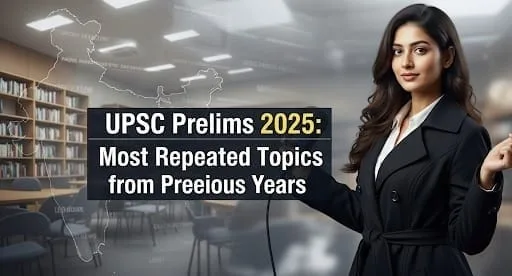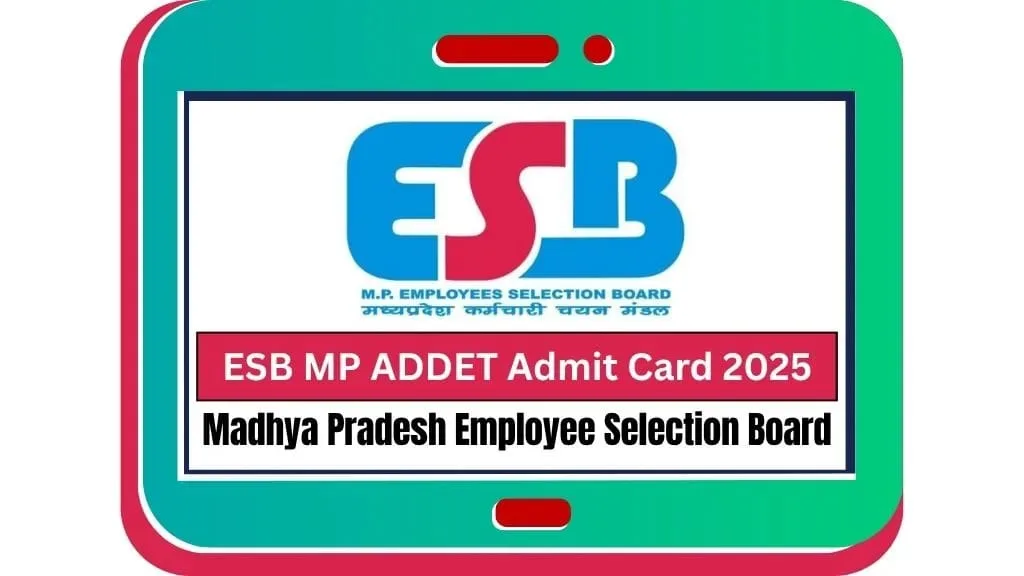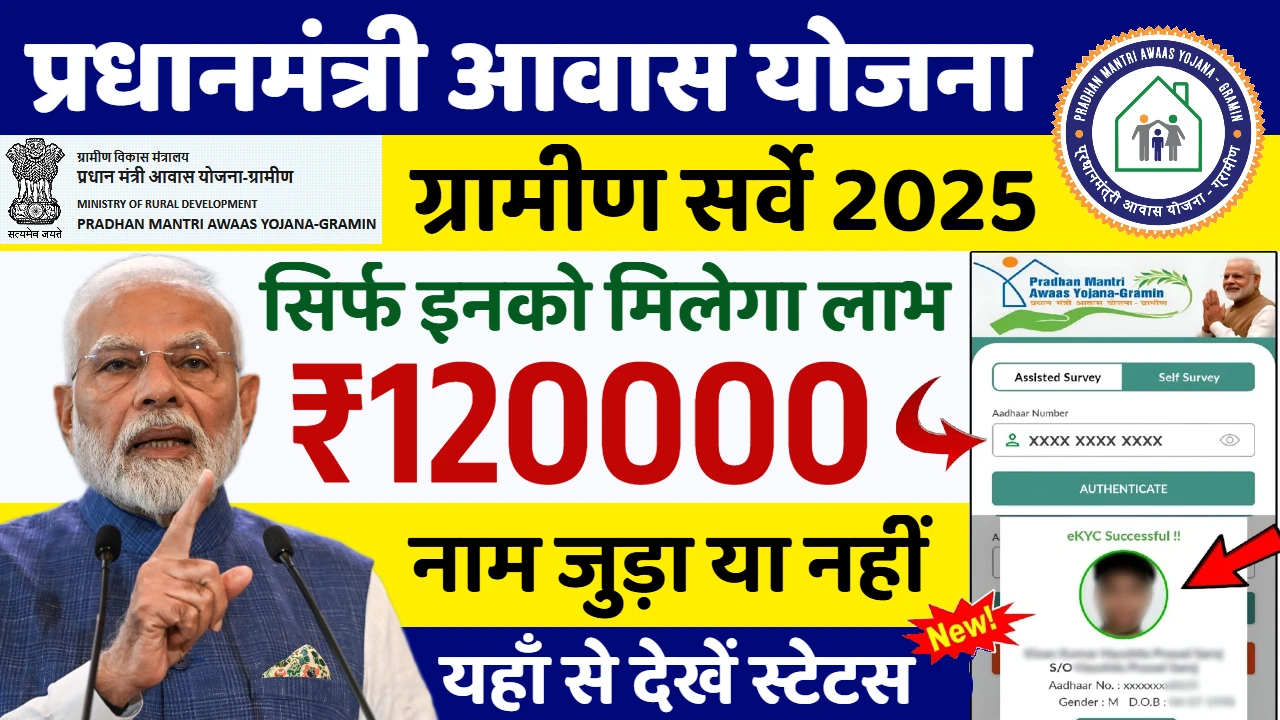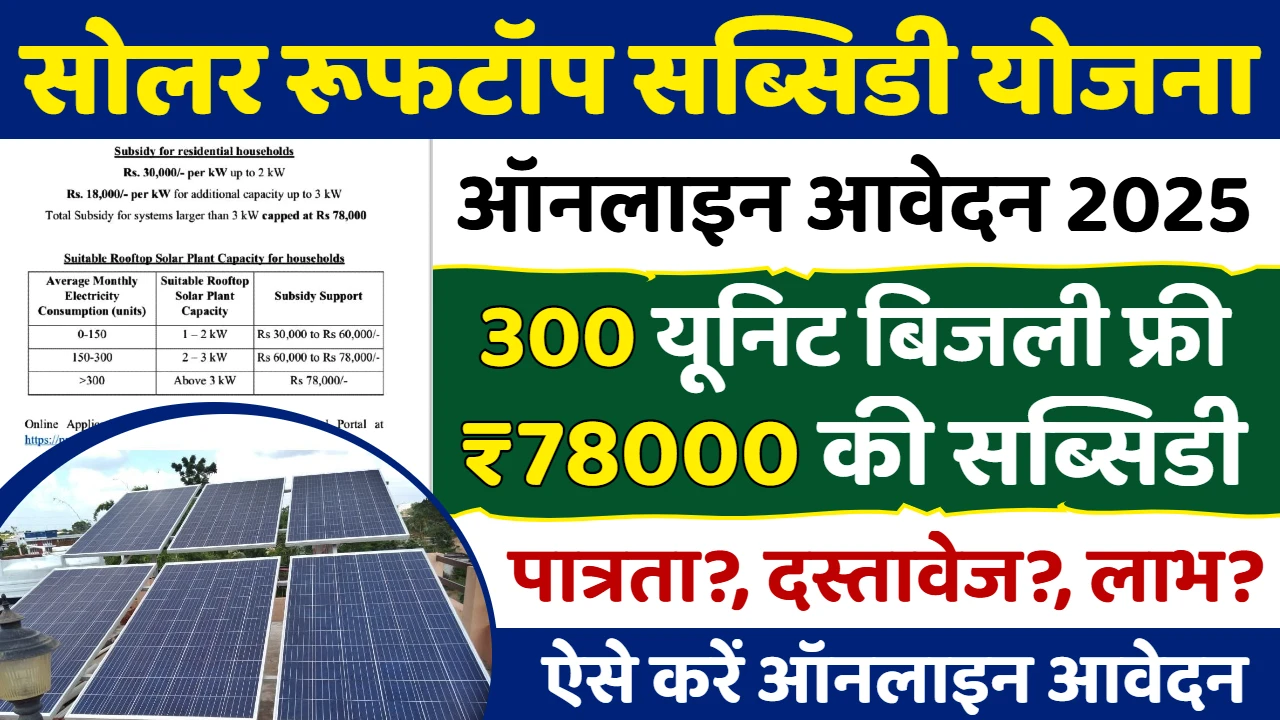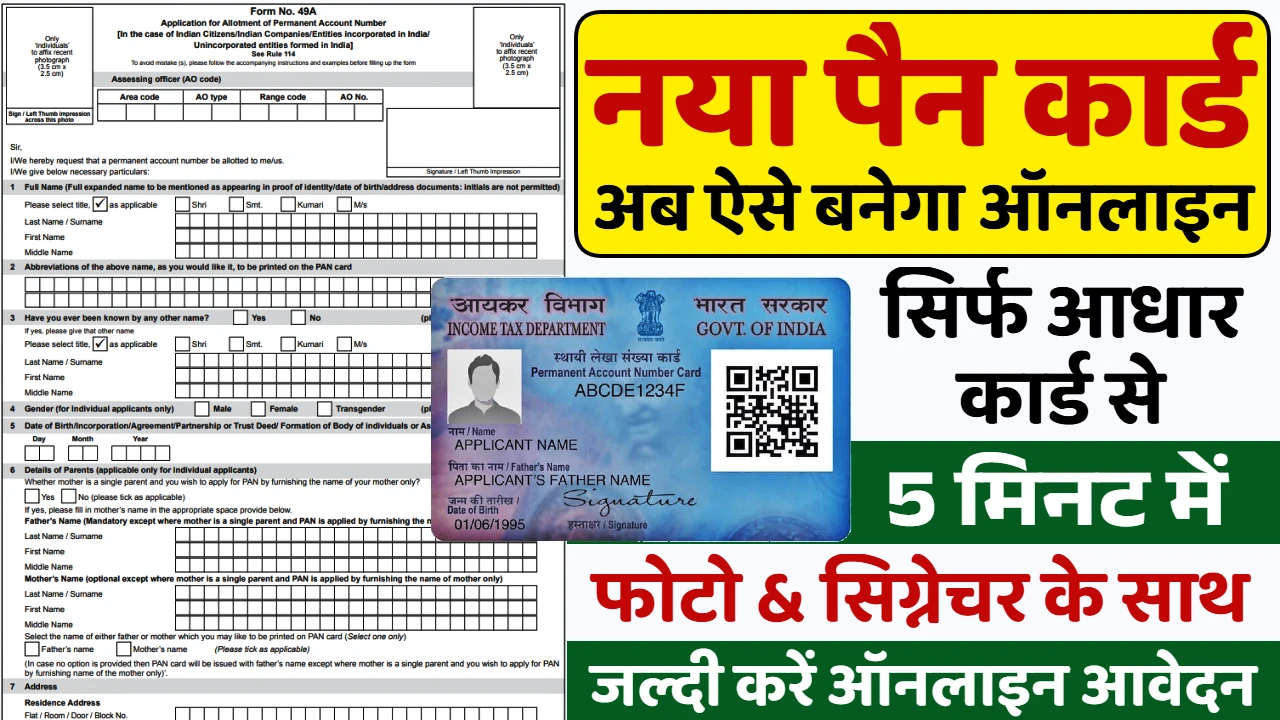The UPSC Civil Services Preliminary Examination stands as one of the most sought-after competitive exams in India. Every year, lakhs of aspirants gear up for this fiercely competitive battle, hoping to clear the first major hurdle towards fulfilling their dream of serving the nation. A smart way to maximize your chances in the UPSC Prelims 2025 is to focus on most repeated topics that have historically dominated the papers.
Understanding the Pattern of Repeated Questions
Over the years, the UPSC Prelims pattern has shown that certain themes and topics tend to recur, albeit with a fresh twist in framing. The consistent appearance of these topics is not mere coincidence; it highlights their central importance in civil services preparation. Recognizing these patterns can help aspirants to streamline their efforts, prioritize efficiently, and approach the examination with greater confidence.
Must-Know Polity and Governance Topics
One section that remains ever-relevant in the UPSC Prelims is Indian Polity. Topics related to the Constitution of India, Parliamentary System, Judiciary, and Fundamental Rights and Duties have been favorites for years. Every aspirant must have a deep understanding of the Preamble, Amendments, Union and State Legislatures, and key provisions like the RDD, DPSP, and Emergency Provisions. In addition, landmark judgements by the Supreme Court—such as Kesavananda Bharati and the S.R. Bommai case—are often referenced.
Indian History and Freedom Struggle
The History section, particularly the Freedom Struggle, sees considerable overlap year on year. Questions on Indian National Congress sessions, major movements like Non-Cooperation, Civil Disobedience, Quit India Movement, and contributions by prominent leaders are perpetual favorites. Ancient and Medieval India are not left behind, with a strong focus on Mauryan Administration, Gupta period, Bhakti and Sufi Movements, and Art and Culture.
Geography: Indian and World
In Geography, both Physical and Economic Geography of India are dominant. Themes like monsoons, river systems, soils, and agriculture repeat frequently. Furthermore, mapping questions on important locations, national parks, biosphere reserves, and minerals resources have a noticeable recurrence rate. Topics such as earthquakes, volcanoes, and cyclones in world geography continually reappear in varied forms.
Economy: Static and Current Affairs
Economic topics in the UPSC Prelims often oscillate between static concepts and latest developments. Yet, banking and finance, inflation, monetary policy tools, taxation systems, and the roles of institutions like RBI, NABARD, and SEBI are steady fixtures. Questions often merge static knowledge with current affairs—like GST, Budget, or recent committee reports—so regular revision is essential.
Environment and Ecology
With growing emphasis on sustainable development, Environment and Ecology has gained unmatched prominence. Aspirants should focus on conservation efforts, bio-diversity hotspots, environmental legislation (like Wildlife Protection Act, Forest Act), and key international treaties such as the Paris Agreement. Recurrent topics include endangered species, national parks, climate change terminology, and environmental governance initiatives in India.
General Science and Technology
Despite the vast syllabus, UPSC Prelims has shown a pattern of favoring select topics in Science and Technology. Basic concepts in Biology, Physics, and Chemistry intertwined with their application in day-to-day life are regularly tested. Recent technological advancements, space missions, and the government’s science initiatives, such as Digital India or ISRO launches, also repeat with slight variations each year.
Current Affairs: The Driving Force
No discussion about repeated topics is complete without emphasizing current affairs. With increasing weightage, questions based on recent government schemes, policy initiatives, national and international reports, and annual summits and their outcomes are unavoidable. A thorough revision of the last 12–18 months’ events is crucial, with attention to recurring subjects like international organizations, new appointments, and socio-economic data.
High-Frequency Miscellaneous Topics
Certain areas such as Awards and Honors, important days, indices and reports (like Human Development Index, Ease of Doing Business), and sports events have a pattern of repeat questions. Be prepared for questions based on recent Nobel laureates, Ramsar sites, GI tags, and major sporting achievements that repeatedly make their way into the UPSC Prelims.
Strategic Preparation Tips
- Revise past ten years’ question papers to spot themes.
- Practice with topic-wise test series for enhanced retention.
- Prepare concise notes on frequently appearing facts and dates.
- Link static portions with current affairs for a holistic approach.
In conclusion, while the UPSC Prelims keeps evolving, its foundation rests upon recurring core topics. Adopting a smart preparation strategy focusing on these “most repeated topics” ensures that candidates are not only well-prepared but also have an edge when tackling the unpredictable nature of this prestigious exam.
Disclaimer: This article is intended for informational purposes only. Individual exam patterns and question focus may vary each year; aspirants are advised to use multiple resources and official notifications for their UPSC preparation.

